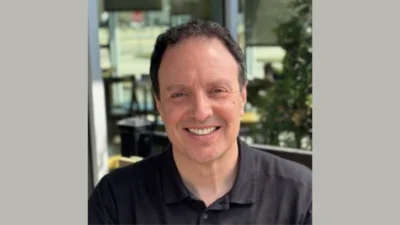Dan Yost | Contributed photo
Dan Yost | Contributed photo
State House candidate Dan Yost (R-Antioch) insists he’s not afraid to call Gov. J.B. Pritzker’s dogged push for a progressive income tax for what he sees it as.
“The governor has donated over $50 million to try and sway the upcoming election for the graduated tax,” Yost said. “He’s financing a tax-hike campaign that will see his administration gain billions of dollars of taxpayer money that will ultimately be wasted, paying back state debt and maintaining a broken pension system.”
According to the Chicago Tribune, Pritzker recently contributed $51.5 million to a ballot initiative committee working to sell the progressive tax proposal he’s been pushing since his days as a candidate. Vote Yes to Fairness, a committee headed by the governor’s former deputy campaign manager, recently received the funds and is already at work promoting conversion of the current flat tax to a progressive tax system.
Earlier, the governor donated $5 million to fund, making him the only individual to contribute more than $250 to the cause. Through it all, the governor has sought to sell the tax as a change that will only mean higher rates for the state’s most affluent residents.
Running against incumbent state Rep. Joyce Mason (D-Gurnee) in the 61st District, Yost has long been an outspoken critic of the plan.
“I look at this progressive income tax proposal and all it tells me is if it goes through, it’s going to be really hard to find a good job in Illinois,” he told the Lake County Gazette. “It’s more bad policy, and all that does is increase the drain on those that are still in Illinois and add to our out-migration issues.”
Recent U.S. Census Bureau data shows the group Pritzker has targeted for the tax is the very demographic now leaving the state at the fastest rate.
In addition, the state is losing more than twice as many wealthy residents as it is gaining, and over the last decade has lost at least $32 billion in income from those who have left Illinois for greener pastures.
“Voters have to ask themselves, 'Do you trust the people in Springfield to do what they say?' because they haven’t done it to this point,” Yost added. “The $250,000 threshold they’re talking about is going to have to come down to pay the bill. That means as more families and businesses move out, everyone left behind is going to have to pay more. This would be a tax on everyone and it’s not a matter of if but when.”





 Alerts Sign-up
Alerts Sign-up